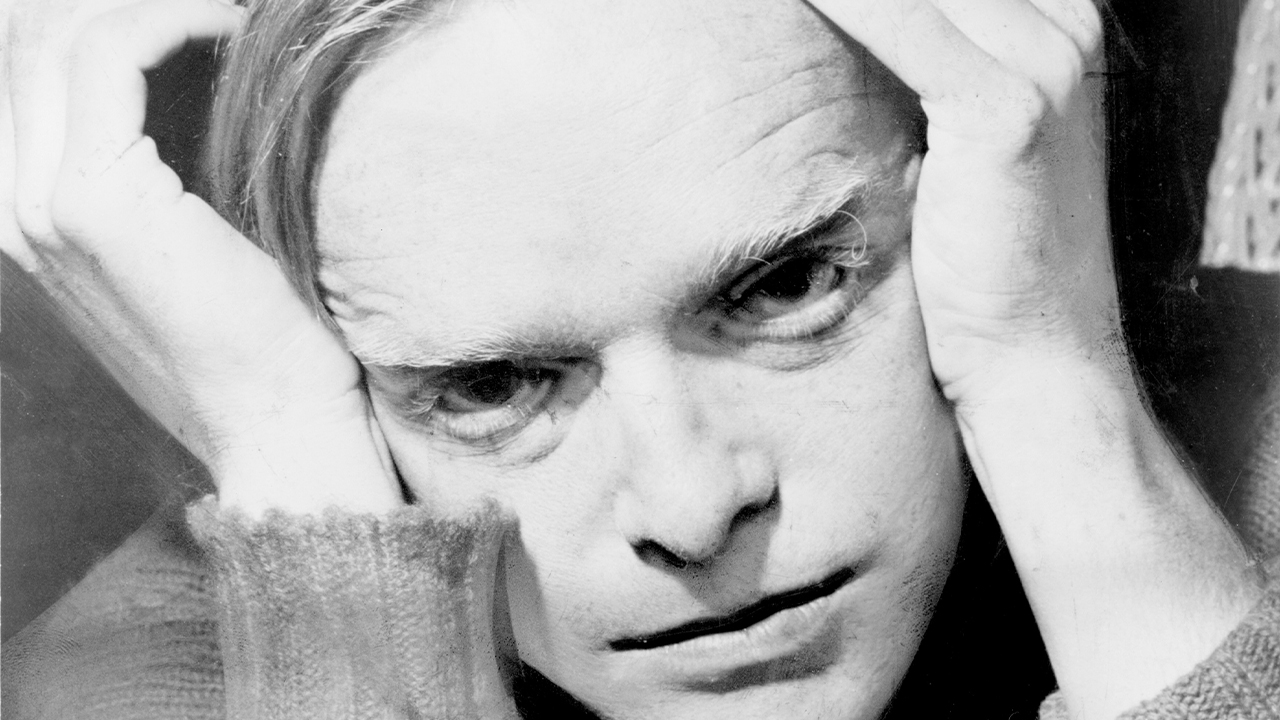Competence Porn for the Rest of Us
September 13, 2018
“Competence porn” was first coined by television and film screenwriter John Rogers in 2009. The evocative phrase addresses the innate pleasure some of us derive from watching truly exceptional people do things impressively, especially in television and film. I stumbled upon the idea of competence porn after reading one of Sam Sifton’s excellent “What to Cook This Week” dispatches. Sifton, of course, was extolling the virtues of making middle-school tacos and watching “the competence porn of ‘Tom Clancy’s Jack Ryan.’” The idea of competence porn both startled and delighted me and made me question why I was finally discovering this phrase.
As it stands, competence porn as a genre often devolves into “hard men doing hard jobs for hard reasons.” Cue childhood favorites of the A-Team, MacGyver, Magnum P.I., and John McClane in Die Hard, or this century’s Jason Bourne, Clint Eastwood’s tribute to the real-life hero Sully, Mark Watney in The Martian (though some disagree), the Netflix reboot of Sherlock, and almost any film Liam Neeson has starred in. In other words, competence porn tends to revolve around the actions of cool, calm white guys.
Yet, to qualify as “competence porn,” there appears to be gender “rules” for what makes a character capable. Annalee Newitz, author of Autonomous, spelled out some of these “requirements” in Ars Technica, where she made the astute observation that it is “harder for women to get cast as competence porn stars than men.” I wonder, though, if it is indeed “harder” for women to be cast as competent heroes in literature, film, and TV as much as we were, and are, already there, doing the invisible and emotional labor of taking care of business.
Newitz goes on to reveal what traits characters must possess to be considered “competent” within the genre:
- employ DIY and generalist solutions to resolve problems
- use logic and social engineering to elude death and/or danger
- escape any situation with clever hacks and sardonic wit
- treat “action-packed fights as intellectual puzzles”
- avoid allowing emotions to rule decision-making
- not be “morally compromised”–must fight for the greater good (although this requirement is somewhat nebulous)
- “no women, no children” per one enlightened Reddit user, “bootintheass”
A pervasive cultural bias still exists in not viewing women as de facto competent characters (cue “gender schemas”). “Yes, we’re all probably conditioned in some way to expect men to be calm, stable, and competent and women to be shrill, mean, and emotional,” Eleanor Barkhorn wrote about gendered notions of business leadership in The Atlantic. “But as soon as we experience an inspiring female boss (or a deadbeat male one), we see stereotypes for what they are.”
Of course, not every character nor person, regardless of gender, would qualify as “heroically calm,” but there is much more room in the limited definition of “competence.” If you talk to women, people of color, and nonbinary folk, we know that too much of the work we do (and have done) still goes unseen, unknown, unheralded, taken credit for, overlooked, and underpaid (or not paid at all). Real-life NASA scientists and mathematicians Katherine Johnson (now 100 years old), Dorothy Vaughan, and Mary Jackson of Hidden Figures-fame come to mind, not to mention the news this week that Dame Jocelyn Bell Burnell’s pioneering discovery of pulsars, which was overlooked when her male advisor was awarded a Nobel Prize in 1974, is finally being recognized with a $3 million Special Breakthrough Prize in Fundamental Physics.
So, in the spirit of hypnotic and heroic displays of feminine ingenuity, let me share some of the women of competence porn. Perhaps the next time another person searches the Internet, they will see broader, more representative examples of who, in fact, is competent:
- Brienne of Tarth in A Song of Ice and Fire series of fantasy novels, which Game of Thrones is based on
- CJ Cregg in the TV series, West Wing
- Clarice Starling in The Silence of the Lambs novels and films
- Comic book series Lumberjanes
- Dana Scully in The X-Files
- Ellen Ripley in the Alien film series
- Hermione Granger of Harry Potter fame
- Jean Louise “Scout” Finch in the novel, To Kill a Mockingbird, by Harper Lee (1960)
- Laura Roslin, President of the Twelve Colonies in the reimagined Battlestar Galactica
- Leslie Knope in the TV series, Parks and Recreation
- Lola in Run, Lola, Run (1998)
- Mama in Alice Walker’s 1973 short story, “Everyday Use”
- Marge Gunderson in the Coen Brothers’ film, Fargo
- Michonne in The Walking Dead comic series and TV show
- Nancy Drew in the American mystery series
- Nyota Uhura in the Star Trek franchise
- Ocean’s Eight film and title female cast (2018)
- Olivia Pope in Scandal
- Penelope in The Odyssey (a character whose worth goes beyond marital fidelity)
- Root and Shaw in Person of Interest
- Rose Tyler in the British science-fiction TV series, Doctor Who
- Sacagawea, the Lemhi Shoshone woman who was integral to the Lewis and Clark Expedition
- Shuri in Black Panther and other comic books within the Marvel universe
- Susie Salmon in the novel, The Lovely Bones, by Alice Sebold (2002)
- Velma Dinkley in the Scooby Doo franchise
- Wonder Woman, DC comic book hero
- Young adult fantasy author Tamora Pierce’s novels
Special thanks to Beth M. Duckles, Annalee Newitz, Kristin Marciniak, Emma Young, and Niki Hancock for sharing some of the competent female characters who have moved them (and those who create multifaceted female roles).





